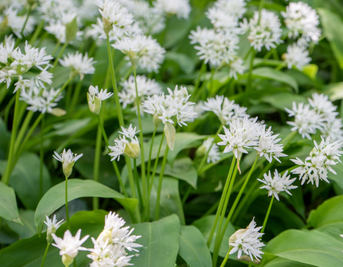Hayfever
by Dee Atkinson MNIMH
For those of us who have never suffered from hayfever, its worth noting the symptoms, as every year people who have never had so much as a summer cold are coming down with hayfever. The symptoms can range from sneezing, watery eyes, runny noses to some sore throats, swollen glands and headaches. The main culprits are the pollens from grasses, flowers and trees, and daily pollen counts give one some idea how bad the problem is on any given day.
Recently pollution levels, especially in the city are making problems worse. As all hayfever sufferers know there is no actual ‘cure’ for their problems, but there are many steps that can be taken to relieve symptoms and reduce susceptibility. If you know that you get hayfever every year the best way to deal with it is to start the treatment before the hayfever season begins. Some patients start treating themselves as early as March or April.
The most effective treatments include cutting dairy products out of the diet. Any upper respiratory tract problems that involve catarrh and mucus problems are made worse by dairy products. The supplement ‘Quercetin’, available from many health food stores is a flavonoid that seems to help reduce sensitivity to allergens such as pollen, and is helpful when taken in conjunction with herbal remedies.
Long before we had access to the doctors prescription pad, people were treating hayfever with herbs. Chamomile tea, sipped throughout the day soothes the irritated mucus membranes in the nasal passages and helps to cut down the body's allergic response, acting as a natural anti-histamine.
One of the most readily available remedies is a herbal tea blend called Summertime Tea. It contains Chamomile, Nettle and Plantain herb that can be taken by children as well as adults. In clinic I use stronger liquid (tincture) formulas, often using traditional herbs such as Nettle leaf, Elderflower, Eyebright and Golden Rod. Bathing sore and irritated eyes with cold Chamomile tea helps to calm them down, and a herbal sinus cream used regularly will help ease congested sinuses.
The real benefit of using Herbal Medicine is that there are few side effects. All too often with hayfever medication the patient finds themselves feeling drowsy and unable to drive or operate machinery. Natural remedies gently support the bodies own defence mechanism, and if you start them before the hayfever really gets a grip on the system, they can lead to a totally hayfever free summer.


